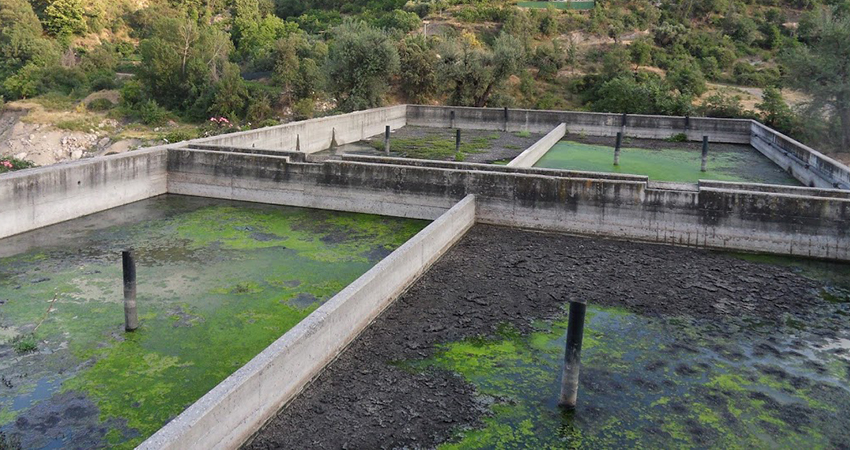EEA: New challenges require extra investments WWTP’s • Water News Europe
Published on by Esther Rasenberg, Water News Europe in Business

Investments are needed in traditional Waste Water Treatment Plants to face future challenges. Photo: Water News Europe.
‘More investment is needed to make urban Waste Water Treatment Plants (WWTP’s) fit to meet the difficult challenges posed by the impacts of climate change and the presence of antibiotics and other micro-pollutants in waste water.’ This states the European Environment Agency (EEA) in a briefing published on Wednesday 9 October.
According to the European Environment Agency 97% of the households in western-central Europe is connected to a WWTP. In southern, south-eastern and eastern European countries, it is generally lower, although it has increased over the last 10 years to reach about 70 %. Despite these significant improvements in recent years, around 30 million people are still not connected to waste water treatment plants in Europe. In areas where people live far apart mostly individual treatment methods like septic tanks are used. The most recent available information of the status of WWTP’s in Europe can be seen in this interactive map .
Overflow
The last years the understanding of the challenges faced by urban waste water treatment has improved. Climate change means in some areas heavy rainfall will be more frequent. In urban areas rain enters combined sewer networks faster than they was designed for. This can cause overloading of the sewer network, leading to surface water flooding and overflow at urban waste water treatment plants, with untreated sewage flowing into rivers, lakes or coastal areas. Separate reservoirs for rainwater and black and industrial water can provide a solution.
Water reuse
In other areas, climate change leads to reduced rainfall. As a first step, improving water efficiency to reduce unnecessary use can conserve both water and the energy used in transport and treatment. However, waste water treatment itself can play an important role in increasing the water availability. High level treatment can remove pollutants, so that the treated water can be reused. The EU is, in 2019, preparing a regulation on the reuse of urban waste water for agricultural irrigation.
Media
Taxonomy
- Wastewater Treatment
- Investment Planning